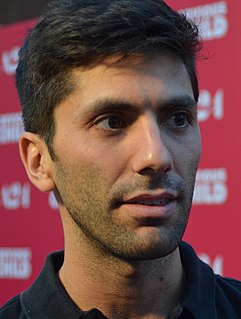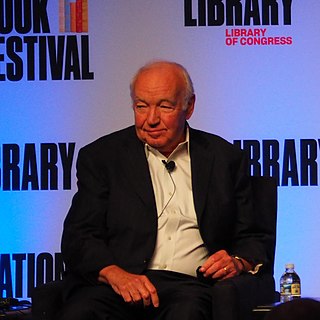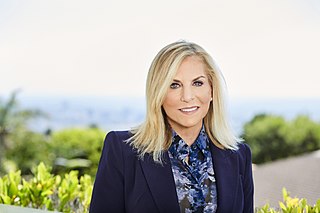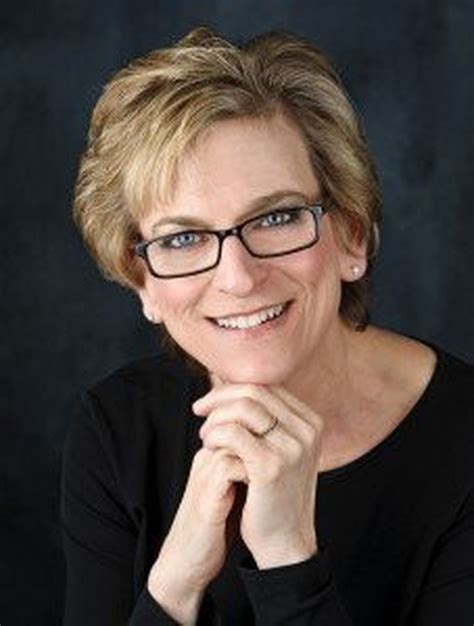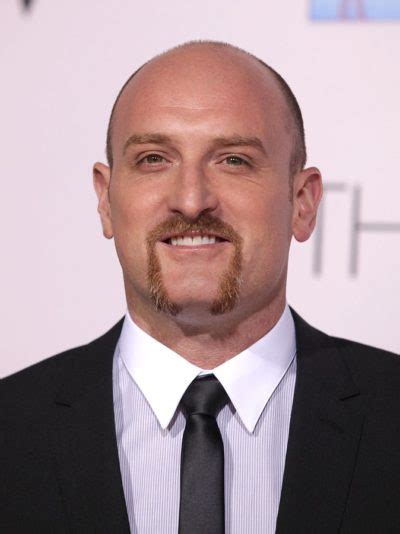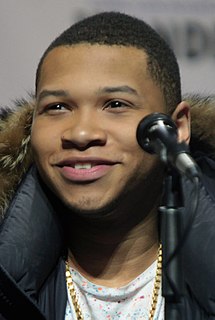A Quote by Graydon Carter
There are similarities between being an editor and a tailor. Tailors have a vast supply of fabrics, buttons and thread at their disposal and put it together to make a whole. That's what an editor does - looks at society at a given time and pulls together the interesting aspects into a single issue each month.
Related Quotes
Newspapers have been likened to steamships that move very slowly, in terms of their direction. And when a reporter is sent out on a story, if that reporter has his or her own personal standards and is given a certain amount of time, they're going to probably do as good a story yesterday or tomorrow as they did the day before yesterday when there was a different editor there. But an editor provides vision. An editor decides what's going to be on page one, what gets rewarded, who's given more time, who's given what beats. They set a direction.
I always thought the editor should cut the film and so I'll come in and look at the movie. Just because that's the only way I can really see the ideas of the editor, it's really working together. Yes it's a hierarchy, yes I'm the boss, but I like to see and to think about the idea, and it's about us asking, 'do we have to say that?' and, 'how do we make it there?' So it's advising the editor, it's very give and take, it's very free, but in the end, it's wonderful once you get through the first couple of cuts.
What's interesting in scripted TV is different than what's interesting in reality TV. Each of their departments have their development process where they package things and put together the writers and put together the producers and the different elements and develop the projects. By the time you get to a network or to a studio, you're able to say this is the project, here's who the producer is, sometimes even here's who the star is, here's who the writer is. It's a well-developed project by the time it gets to the studios.
One of the good things is the relationship between director and editor used to be more contentious. Studios used to leave directors alone more during the post production process and now they're clamoring to get in. So, the director and the editor end up teaming up sort of against the studio to fight what they're doing and you lose the creative tension that you used to have between an editor and a director.






